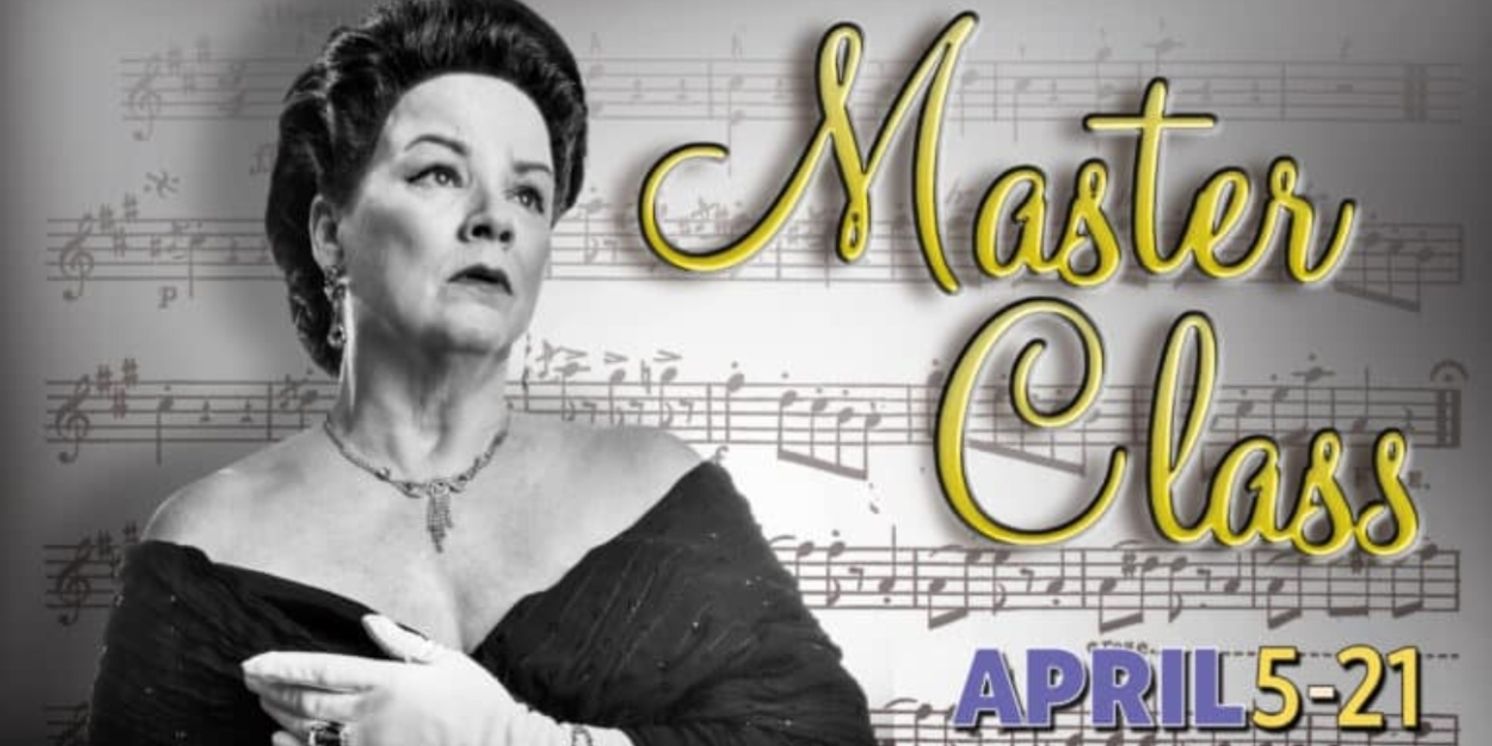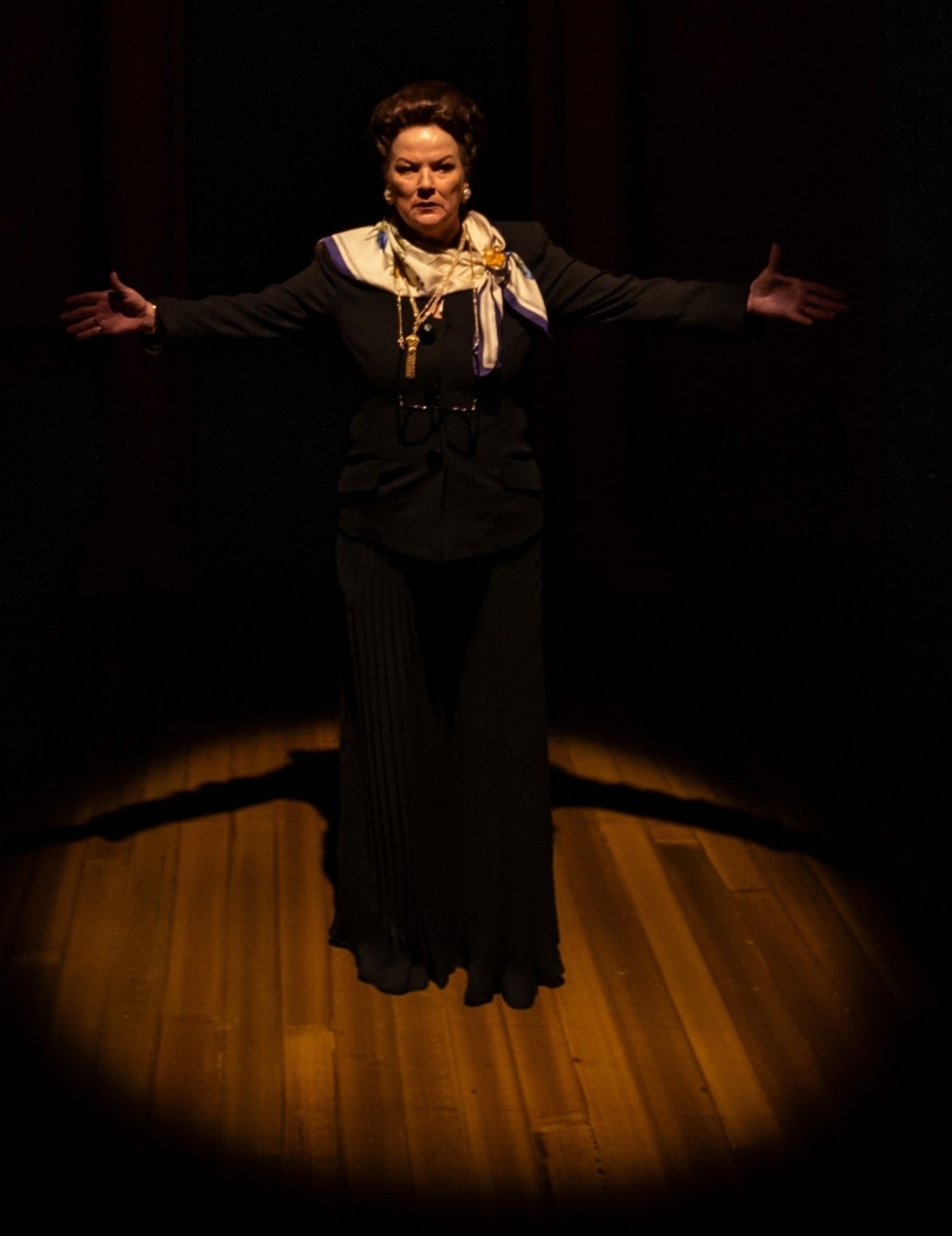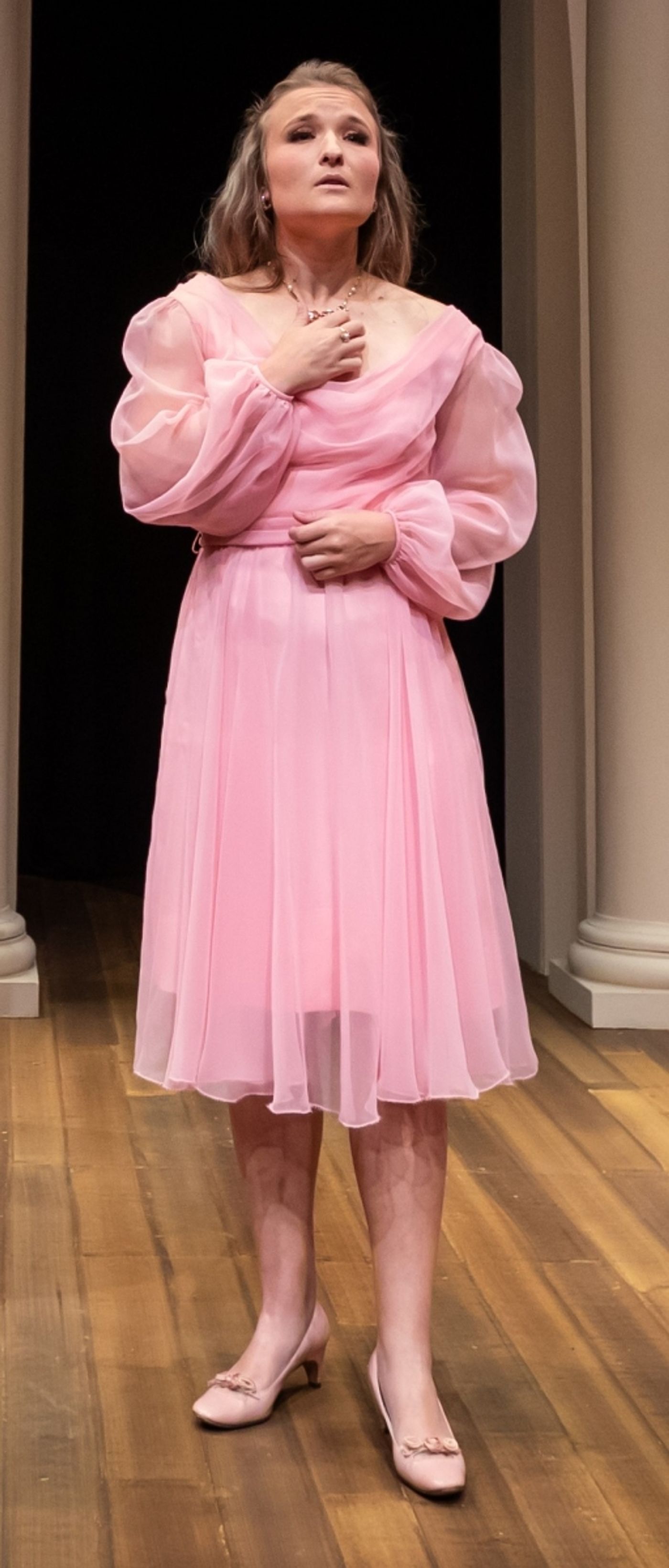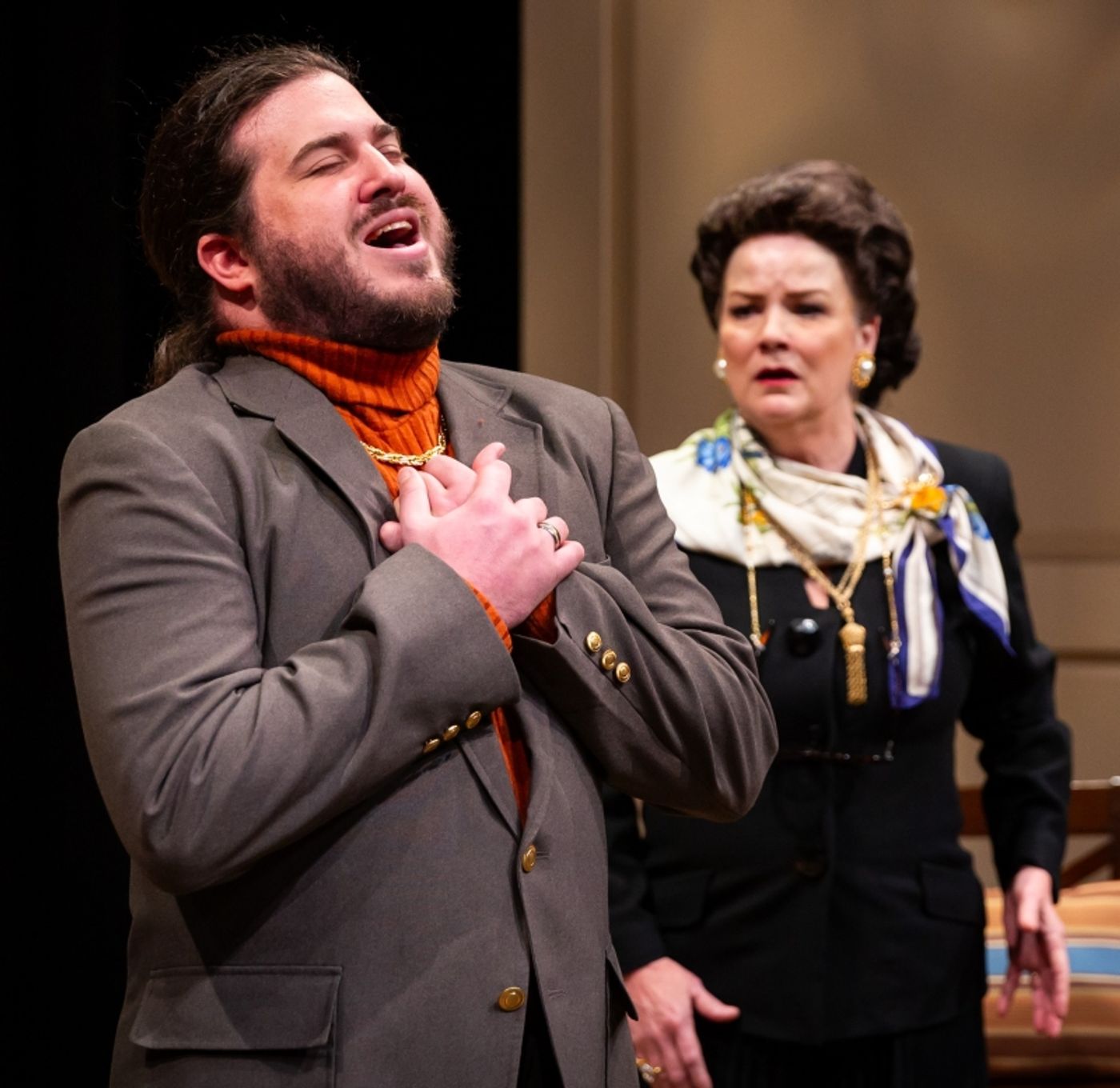
For opera lovers around the world, Maria Callas was a gigantic figure well known for her unusual and daring performances. She was a singer who ruled the classical musical world for a large part of the 20th century and left an indelible mark with her talent and her larger-than-life personality. Born in New York City to Greek immigrants in 1923, Maria (Maria Anna Sofia Kalogeropoulus) had a natural gift for music and was “encouraged” by her mother to heavily pursue the career after being moved back to Greece in 1937. She would later to go on star in Puccini’s “Tosca” followed by every major opera in every major city of the world. She, as she was quick to remind people, had no true contemporaries and is still considered by many to be the greatest operatic soprano of all time. Using one’s imagination then, how interesting might it be to observe Ms. Callas conduct a master class for students on how to not only be a great operatic singer, but also how to be an even greater human being. Thanks to writer Terrence McNally (THE LISBON TRAVIATA, LOVE! VALOUR! COMPASSION!) and his 1996 Tony Award Winning MASTER CLASS now playing at Theatre Memphis, imagine no more.
Under the premise that Callas has agreed to present a master class and coach some burgeoning operatic performers, we as the audience, represent her students and get to “learn” from her. It’s never clear if she really wants to be doing this, but here she is and let the chips fall where they may. Speaking directly to the audience, she bemoans her life as an artist while also reminding us of her unparalleled success. She’s quick to insult, but also encourage. Like most renowned artists, she’s a walking contradiction and never misses an opportunity to make any potential subject about her. She’s impossible to deal with, but also impossible to ignore. She is a force.

Although McNally’s play has a few more characters in it than just Maria Callas, it’s as close to being a one-woman show as it gets. Carrying this show (practically a two-hour monologue filled with Italian dialogue, translations, operas, and composers) in a captivating way is darn near impossible, yet Theatre Memphis has its very own diva in waiting ready to command the spotlight in one Ms. Susan Brindley. Like all masterful artists, Brindley’s Callas is a stern, impatient, passionate, and self-absorbed character. Her experience(s) and skill(s) afford her the wisdom to speak directly to her students in a way that demands respect. Although it may appear on its surface that her guidance is just about the music, it’s much more than that. It’s about how to approach relationships, jobs, challenges, successes. It’s about to how to approach life. Although she may deliver the feedback in often less than “delicate” ways, she’s often right. All of us (not just opera singers) need to have a “look.” We all need to make an entrance when we enter a room. We need to stand tall with our shoulders back. When speaking, our consonants are just as important (if not more so) as the vowels to be understood. Stop pretending and just be. Brindley brings a gravitas to a woman who has succeeded and suffered for her art. Although she never actually sings herself, she’s fully convincing as a woman who has devoted her life to the craft. While her vocal students are exquisite singers themselves, it’s still nearly impossible to take your eyes off Brindley as she seems to physically inhabit the songs they are singing and anticipates every breath they take beforehand. She’s with them fully because she was once them.
Three of the students who join Callas on the stage all have amazing operatic voices themselves and vacillate (at least in Callas’ mind) between being her pupils to being her rivals. Due to the inherent power dynamic of the gathering, she chastises, mocks and snaps at them leaving them constantly off balance until each of them find their own footing and distinct “voices.”

Shelbi Sellers plays Sophie de Palma, the youngest and meekest of the trio. She wanders onto the stage like a calf entering a slaughterhouse. She doesn’t have a chance as she is interrupted multiple times singing her very first note. Critique after critique gushes towards her as it quickly becomes clear that Callas is repeating all the personal criticisms she must have endured herself coming up in the profession. Although Callas is there to teach, she is emotionally returned to her complicated past as the student singers provide the underscoring to Callas’ personal and professional flashback soliloquies. This novice student reminds Callas of her own youth and inexperience, but with the blessings of far greater beauty and grace than she ever experienced herself.

The second vocal student is Anthony Candolini played by John Brenton Strauss. He’s a cocky man who dreams mostly of fame and money-two things that quickly sour Callas and leads to a fast dismissal. However, like Callas, he’s got an ego and is not afraid to stand his ground. His confidence in himself impresses the teacher and his booming tenor voice earns her respect. Strauss plays it just as a man with such abilities would probably behave, but he, like the character, actually has the voice to back it up. He’s masterful.

Finally, in a role made famous by Audra McDonald (winning her a Tony Award), Tanisha Ward plays student, Sharon Graham. Graham is criticized for not entering the room properly, criticized for what she is wearing and told to leave and try again. Although it would appear that Callas has “thinned the herd” with her, Graham resolutely returns and forcibly overwhelms the teacher and the audience with her spectacular vocals and gumption. The dynamic created here (between teacher and student) serves as a reminder that there will always be someone more talented who will eventually come along and surpass you in every way. Graham is that character and Ward is that talent who leaves everyone (including Callas) speechless.
Accompanying Ms. Callas at the piano is long-time TM musical director, Gary Beard in the role of Manny Weinstock. He is an impeccable pianist and is a fun, affable counterpoint to the hardnosed Callas, but unfortunately saddled with an incredibly distracting (and unnecessary) wig.
MASTER CLASS, under the strong direction of Kell Christie offers so much more than just a show about opera. It’s funny, touching, painful and inspirational. It’s not necessary to know who Maria Callas was or to even be a fan of classical music to enjoy this production immensely. As cliché as it sounds, it’s really a story about what it means to be a great artist and the passion/discipline required to succeed. Regardless of one’s profession, the lessons are still the same and this Theatre Memphis production serves as a worthy teacher.
Photos by Carla McDonald
Reader Reviews

Videos

